What is PM2.5 fine dust? Harm and ways to prevent fine dust PM2.5
1 What is PM2.5 fine dust?
Dust is a mixture of solid or liquid compounds floating in the air, the compounds in dust are also known collectively as Particulate Matter – PM symbol. In which, dust particles with microscopic size ( micron ) are best known such as:
- PM10: Fine dust with a diameter of 2.5 to 10 microns the size of a millionth of a meter.
- PM2.5: Fine dust less than 2.5 microns in diameter.
- PM1.0: Ultra-fine dust with a size of 1 micron.
- PM0.1 nano dust: Ultra-fine dust less than 0.1 micron in size.
PM2.5 fine dust is tiny dust particles present in the air with a size of 2.5 microns or less (it's about 30 times smaller than a human hair).
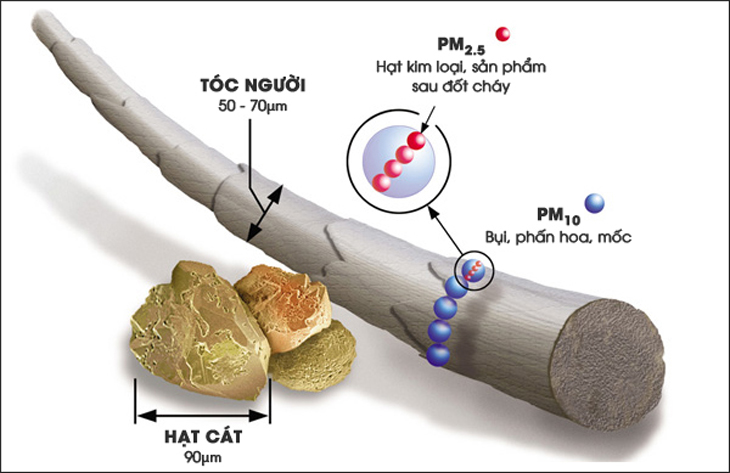
2 Causes of PM 2.5 . dust
PM2.5 fine dust appearing in the air originates from natural causes and man-made causes.
Natural causes
- Wildfires : Large wildfires worldwide are largely caused by abrupt climate change. Sudden climate change releases a large amount of dust into the environment, leading to serious air pollution.
- Natural dust : Deserts, sandy soils, volcanic eruptions are also one of the major causes contributing to the creation of a large amount of fine dust dispersed in the air, polluting the air.
- Time of season change : Around October – November of the year, fog often appears. These thick layers of fog contribute to the accumulation of dust inside the city that cannot escape, thereby making the city covered with a thick layer of dust (fine dust, superfine dust, …).
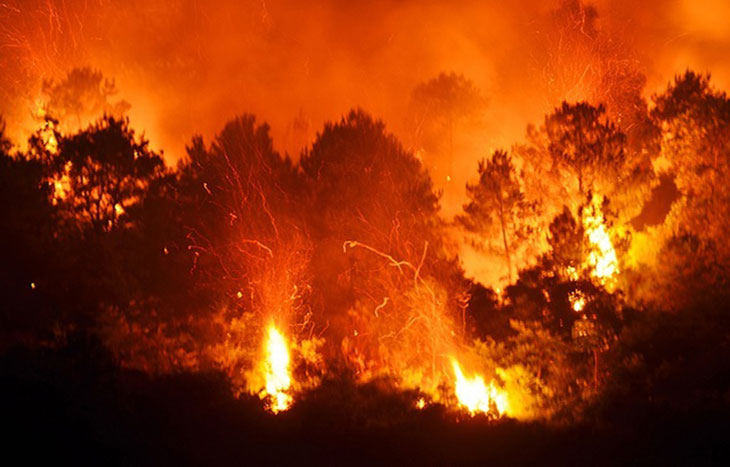
Artificial causes
- Transportation: Personal vehicles also produce a certain amount of smoke, dust and dust carried during travel, eroding the road surface to the air, thereby increasing the amount of large fine dust causing pollution. air pollution.
- Daily life : The use of coal, wood and oil stoves for cooking also produces a certain amount of smoke, which increases fine dust in the air.
- Industrial production: Factories, factories, and industrial parks often emit a large amount of smoke into the environment and the air, thereby increasing the amount of fine dust in the air.
- Garbage: Domestic and industrial waste produce bacteria and fine dust, thereby affecting the clean air you breathe every day.
- Construction: The process of building apartments, buildings, bridges and roads is also a cause of fine dust in the environment, seriously affecting the air.
- Agriculture: Transporting and burning rice straw produces toxic fumes, affecting the flow of clean air in the environment.
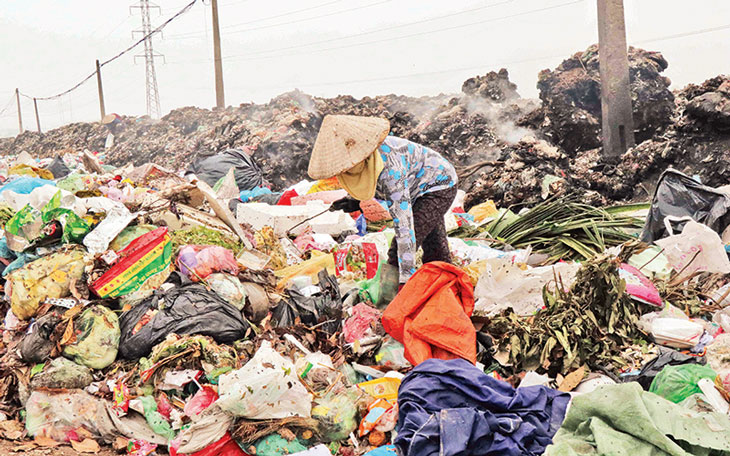
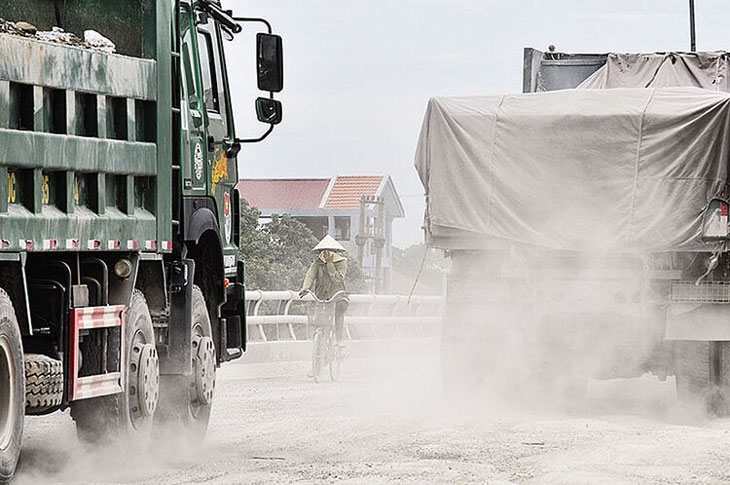
3 Harmful effects of dust PM2.5
PM2.5 fine dust brings harmful bacteria to the body, thereby causing skin allergies, making you feel itchy and uncomfortable. If exposed to a lot of fine dust, it can also cause rhinitis, eye pain, and ear, nose and throat diseases.
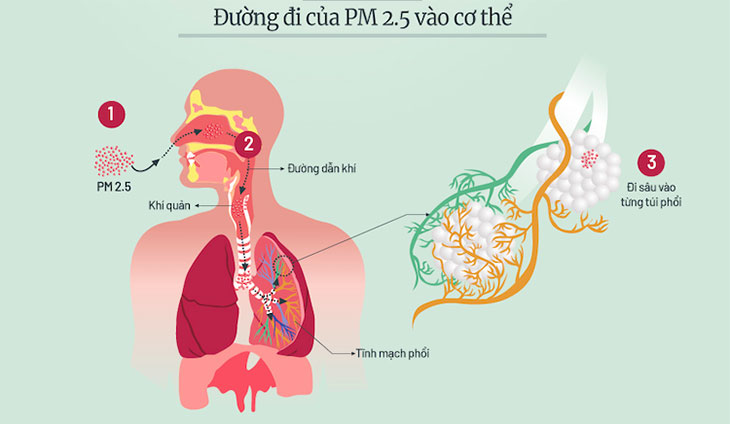
PM 2.5 dust can absorb toxins and carry bacteria and viruses into the environment. Therefore, when they enter your body, they will release toxins underground into your body, thereby weakening the immune system. Therefore, people living in big cities, with high levels of pollution are often more susceptible to minor diseases than people living in places with fresh air.
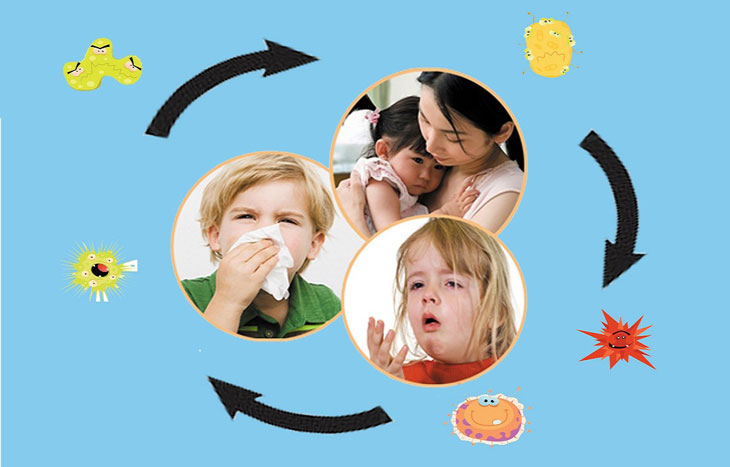
PM2.5 dust enters your body through breathing. They then follow the airways, attach and accumulate on the surface of the lungs. When this amount of dust accumulates over time, it can cause great damage to your lungs.
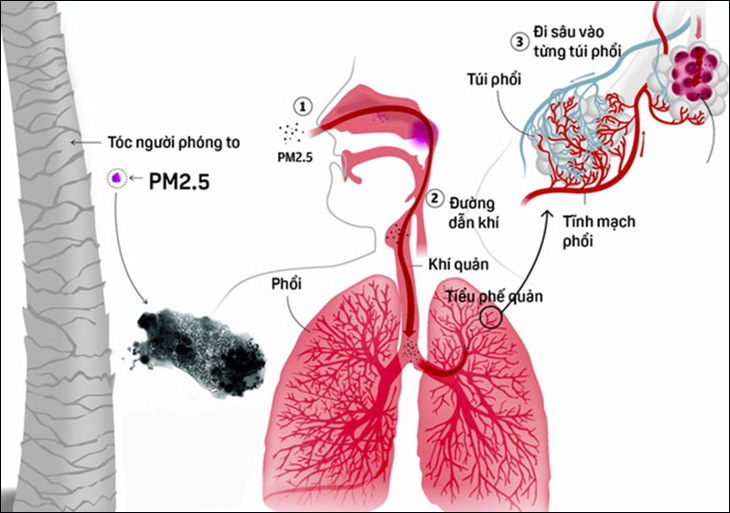
Besides, fine dust PM2.5 destroys and accelerates the process of Apoptosis – one of the most important pathogenesis of cardiovascular disease. Therefore, when inhaling a large amount of PM2.5 fine dust, maybe increases the risk of death in people with heart disease.
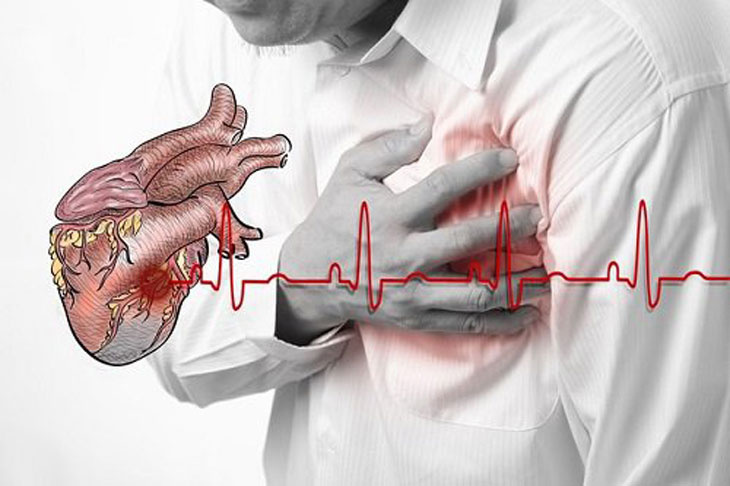
Studies on human brain have shown us that when we are exposed to PM2.5 fine dust, they can move slowly into the brain, thereby penetrating and increasing the incidence of disease. our brain degeneration.
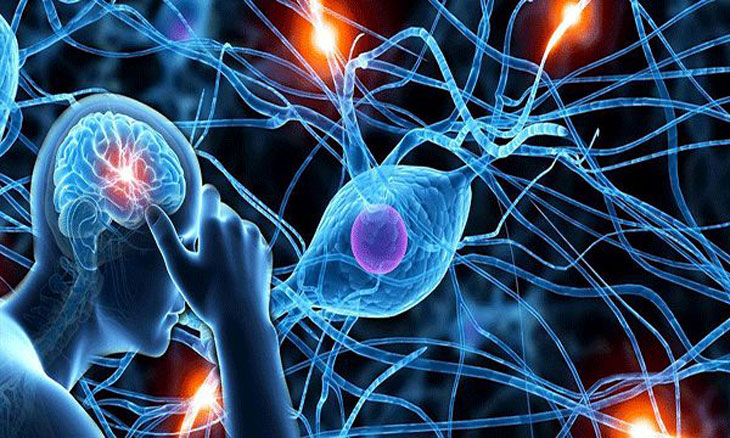
In particular, PM2.5 fine dust containing metal is researched by scientists as a cause of cancer and more terrible than genetic modification in humans.

4 Ways to prevent fine dust PM2.5
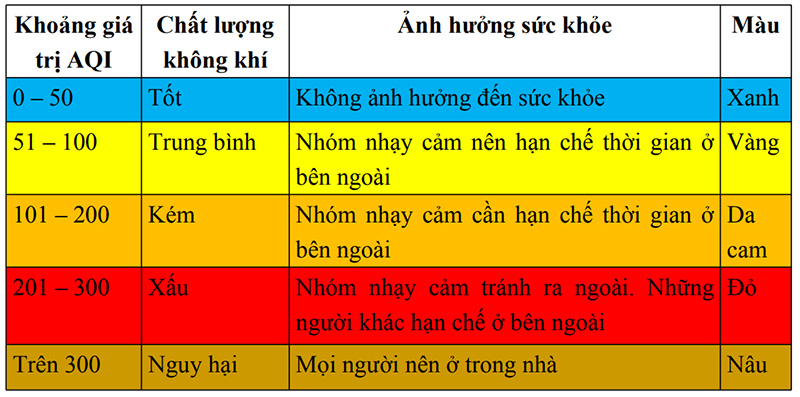
Use a specialized mask when going out
is a useful item when going out in the current heavily polluted time. However, ordinary masks do not filter out PM2.5 ultra-fine dust particles.
To filter these types of ultrafine dust we need wear a specialized mask or have a little tip wear two medical masks interlocking, or wear a mask and line a thin tissue inside (this is only temporary because it causes confusion and discomfort for the wearer).
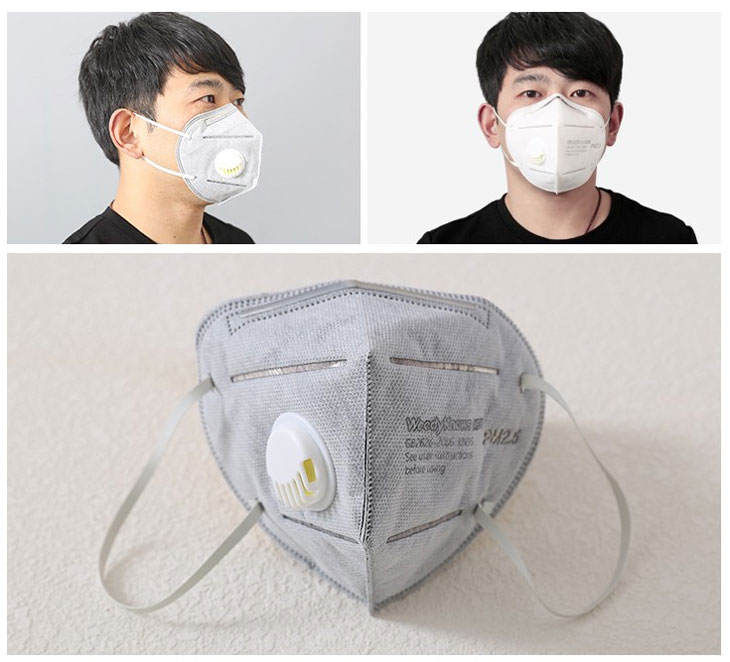
For the best dust filtration, you should choose an N95, N99 or a dedicated air filter mask. N95 masks filter out 95% of dust and bacteria, regular medical masks filter out 30%-40% of dust, wearing two layers of medical masks will prevent dust to 90%. Specialized air filter masks are distinguished by their ability to resist fine dust, bacteria and viruses, helping to clean the air to ensure the health of users.
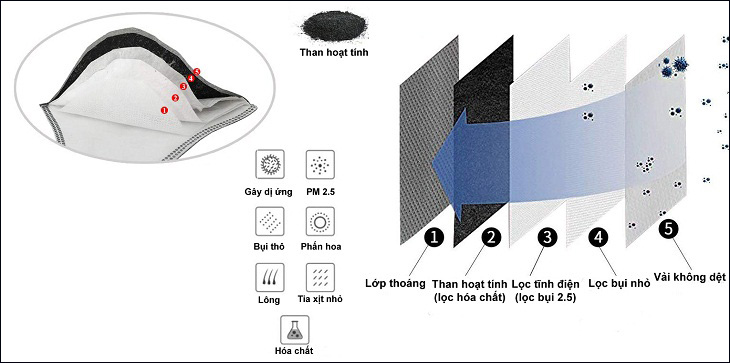
Using an indoor air purifier
Currently on the market there are many types that have the ability to filter bacteria, mold, allergens, … especially filter superfine dust PM2.5 and PM10.
Some smart air purifiers can measure the air quality after filtering, giving users more peace of mind during use.
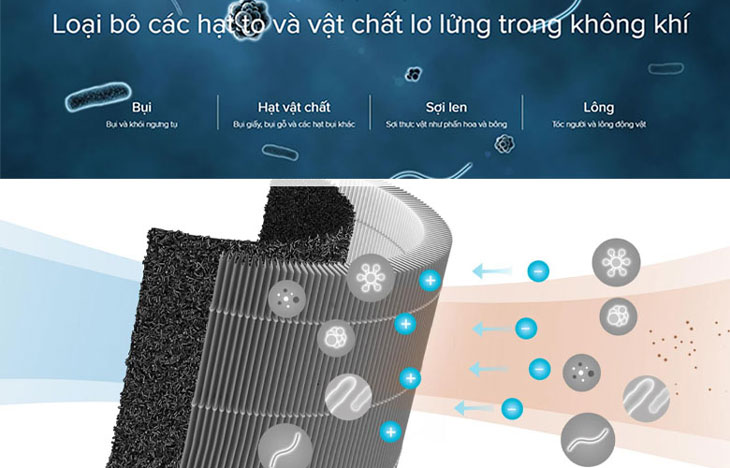
Healthy living habits
- To limit the harmful effects of air pollution, we should create a habit of cleaning our nose and throat regularly. Improve the body's resistance by Eat healthy, exercise, avoid smoky places as much as possible.
- For children with weak resistance, it is necessary to remind them to wear a mask every time they go out, give them enough nutrients, drink a lot of water, and avoid exposure to dusty, smokey environments.
- On polluted air days, limit opening windows or going outside.

PM2.5 ultra-fine dust causes incalculable harm, each of us should protect ourselves against air pollution and contribute to protecting the environment by doing small things such as not littering, limiting motor vehicle use. when you need to travel close distances, use public transport,…
The post https://meo.tips/health-and-life/what-is-pm2-5-fine-dust-harm-and-ways-to-prevent-fine-dust-pm2-5/ appeared first on Meo.tips.
View more from Meo.tips:
Unique trick to reuse expired cosmetics7 tips to shrink pores, limit oily skin in summer
6 basic principles when choosing and using perfume
Instructions on how to quickly and conveniently check product barcodes by phone
This is an item that people say is trivial but I still leave it in the kitchen
10 sports you should try in summer days to boost your health
Newborn health insurance – Procedures to apply for a card and the latest benefits
Instructions on how to use a standard ear thermometer for the most accurate results
How to see the UV index right on Android phones and iPhones
16 simple and safe tips to keep ants out of the house
7 simple trays of vegetarian rice to worship the full moon in July, easy to make at home
Eggs are as small as 1/2 quail eggs, cheap but considered a miracle drug
Eating papaya helps round 1 become attractive, did you know?
Tips to help glass cups not crack or break when holding hot water
When the water heater is not hot? The cause and how to fix it
3 ways to certify Covid-19 vaccinations are easy to look up
Detailed instructions on how to insert text into Tik Tok videos easily
The reason you should knock on the hotel room door 3 times before entering
How to recognize spoiled milk and how to properly store milk
17 surprising iPhone tips
Comments
Post a Comment